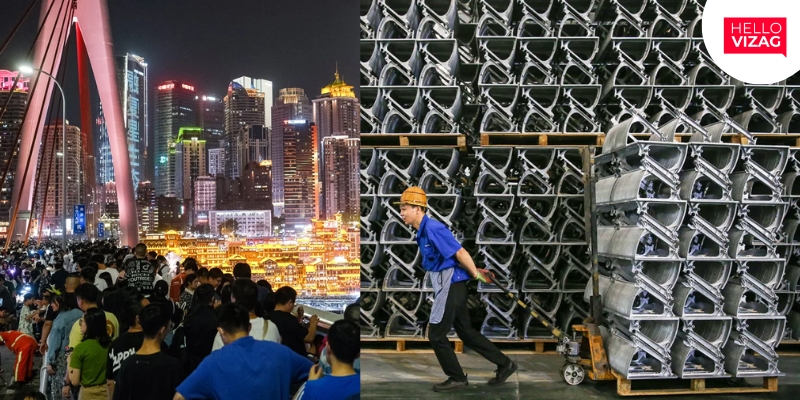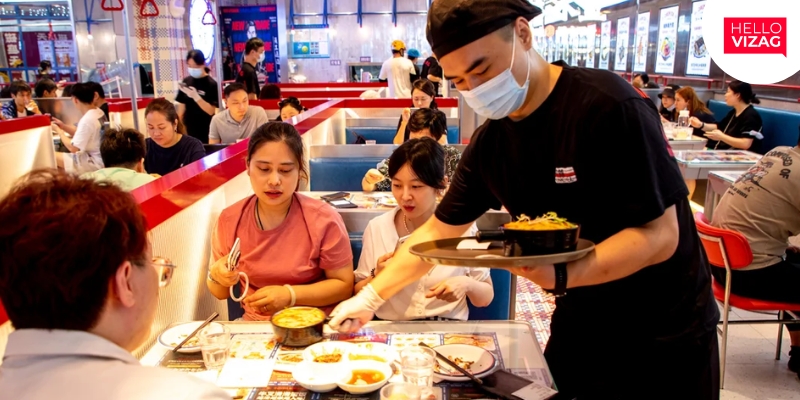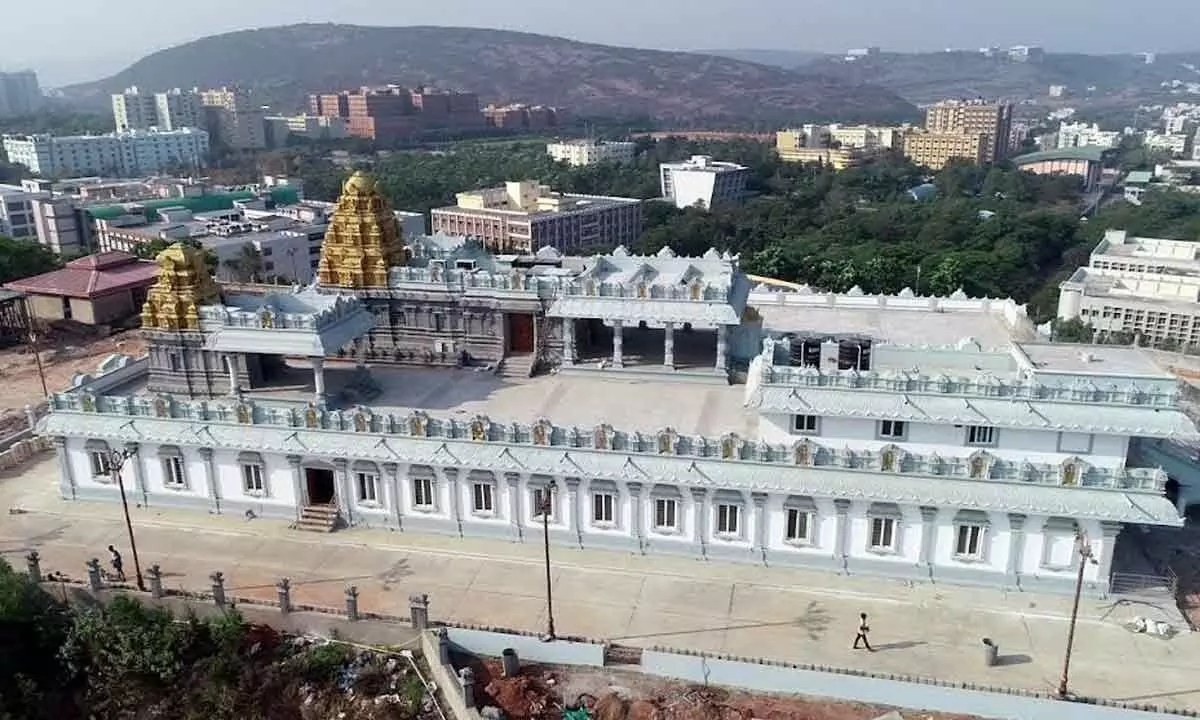Challenges Faced by Chinese Workers During Labor Day Holiday
Labor Day, once a celebrated holiday for workers in China, has lost its charm for many like Hao Zeyu, an algorithm engineer at an electric vehicle manufacturer. Despite being granted a five-day break for the Labor Day holiday, Hao and millions of other workers find themselves disheartened rather than jubilant.
The current labor regulations require workers like Hao to compensate for their vacation days by working additional days before and after the holiday period. Moreover, with two of the official vacation days falling on the weekend, the actual rest day dwindles down to just one out of the five designated days.
This year's Labor Day holiday arrangements have sparked widespread discontent among Chinese workers, prompting an outpouring of complaints on social media platforms. The grievances primarily revolve around the government's prioritization of business interests over the well-being of workers, who are increasingly yearning for genuine opportunities to rest and recuperate from their demanding work schedules.
Under hashtags such as "opposing the tiaoxiu policy" and "tiaoxiu policy for May Day," social media users have collectively voiced their frustration, garnering millions of views and engagements. Many perceive the current holiday arrangements as exacerbating their physical and mental exhaustion, stemming from relentless overtime work.
Amidst these challenges, a movement advocating for work-life balance is gaining momentum, particularly among independent businesses. Notable figures like Yu Donglai, founder and chairman of a supermarket chain in Henan province, have taken proactive measures to address employee well-being. Yu's introduction of "sadness leave," allowing employees to take time off when feeling emotionally drained, signifies a departure from the prevailing culture of enduring hardship for professional success.
However, for workers like Teng, the reality remains grim, with the prospect of working six consecutive days during the Labor Day holiday period. Such experiences underscore the pressing need for comprehensive labor reforms and policies that prioritize the welfare of workers, ensuring that holidays like Labor Day truly serve their intended purpose of rest and rejuvenation.
As the discourse surrounding labor rights and work-life balance continues to evolve in China, it becomes increasingly imperative for stakeholders to address the systemic challenges faced by workers and strive towards creating a more equitable and sustainable work environment.
For More Updates: Follow Us https://www.instagram.com/hellovizag.in/

 Team Hello Vizag
Team Hello Vizag




















